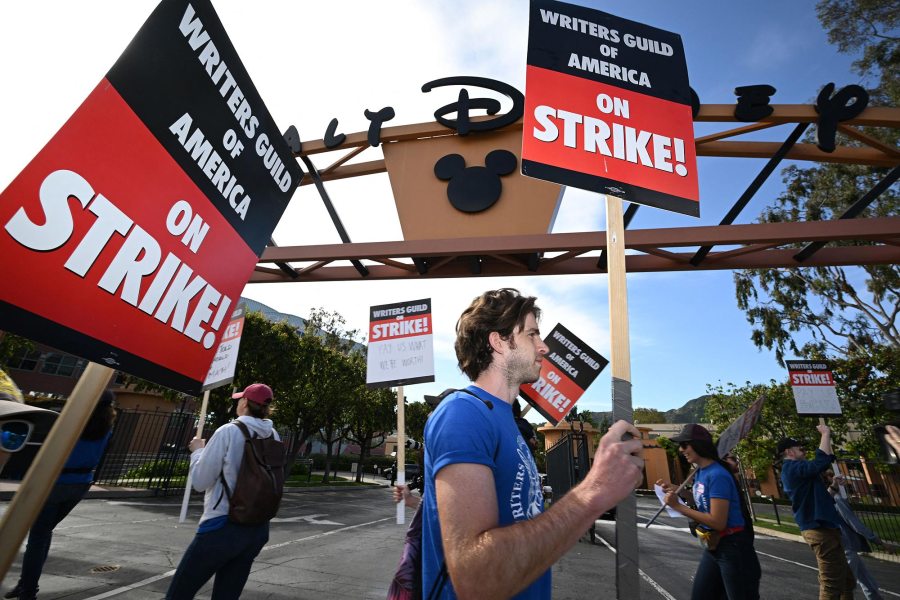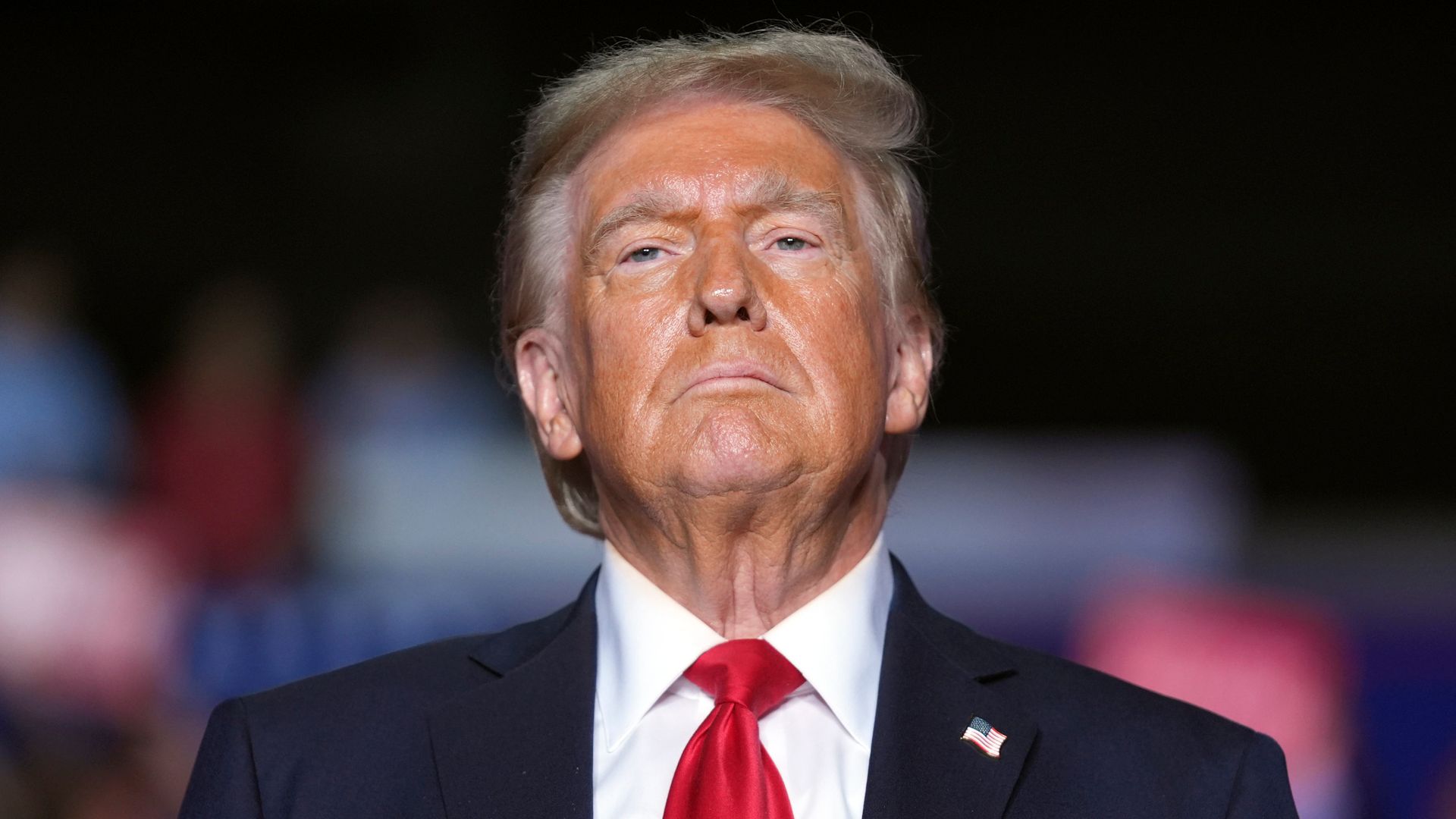
The Writers Guild of America has voted to lift its five-month-long strike following a tentative deal with the Alliance of Motion Picture and Television Producers.
The WGAE Council and WGAW Board unanimously voted to end the strike on Tuesday, September 26. The strike order will officially lift as of 12:01 a.m. PT on Wednesday, September 27, marking 148 days since picketing began.
“The WGA reached a tentative agreement with the AMPTP. Today, our Negotiating Committee, WGAW Board, and WGAE Council all voted unanimously to recommend the agreement,” the union wrote via X on Tuesday.
The guild will hold member meetings on both coasts this week to discuss the details of the contract, according to Variety, with the official ratification vote to approve the deal being held from October 2 through October 9.
The WGA also released the complete 94-page contract of the new terms on Tuesday, which includes compensation gains, a new requirement for minimum staff levels in TV writer’s rooms, improvement payment terms for screenwriters and protections for the use of artificial intelligence.
The decision to end the strike comes after the union and the AMPTP reached a tentative agreement on a three-year contract on Sunday, September 24. “We can say, with great pride, that this deal is exceptional — with meaningful gains and protections for writers in every sector of the membership,” the negotiating committee for the WGA wrote in a Sunday email to its members.
The WGA, which represents more than 11,000 writers, went on strike in May, halting production on everything from talk shows to scripted series. The work stoppage was the second longest in the union’s history, with the 1988 strike lasting just eight days more.
“What we have won in this contract — most particularly, everything we have gained since May 2nd — is due to the willingness of this membership to exercise its power, to demonstrate its solidarity, to walk side-by-side, to endure the pain and uncertainty of the past 146 days,” the WGA added in its Sunday email. “It is the leverage generated by your strike, in concert with the extraordinary support of our union siblings, that finally brought the companies back to the table to make a deal.”
Meanwhile, SAG-AFTRA, which represents approximately 160,000 actors, is still on strike after joining the efforts two months after the WGA stopped work. The two unions made similar demands regarding better wages, increased residual payments from streaming services and protections against the use of artificial intelligence. SAG-AFTRA is expected to reach a deal with the AMPTP in the coming weeks, with the union hinting at its willingness to negotiate in a statement congratulating the WGA on its new contract.
“We applaud your dedication, diligence and unwavering solidarity over the last five months and are proud to stand shoulder to shoulder with you as creative partners in the entertainment industry,” the social media statement read. “We look forward to reviewing the terms of the WGA and AMPTP’s tentative agreement. And we remain ready to resume our own negotiations with the AMPTP as soon as they are prepared to engage on our proposals in a meaningful way.”
While the end of the WGA strike means that production can resume on talk shows and variety shows, projects that feature actors will not restart until SAG-AFTRA agrees to its own new contract with the AMPTP.













